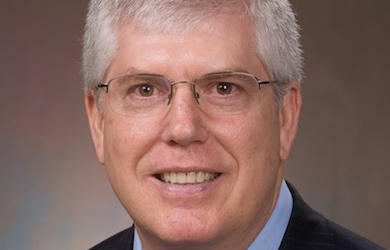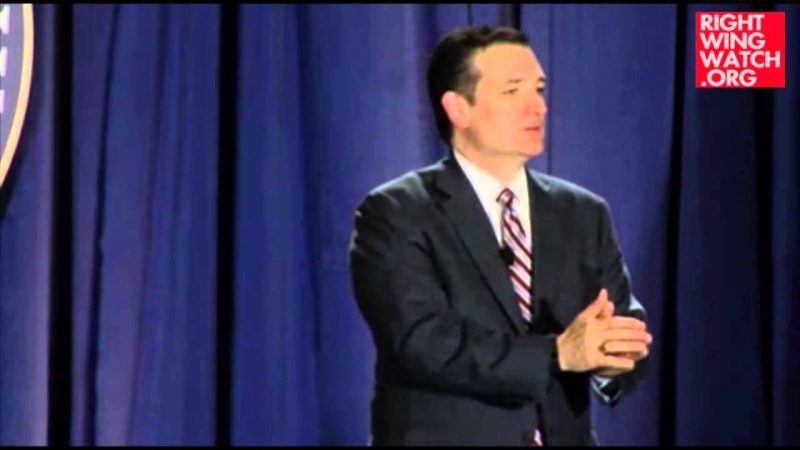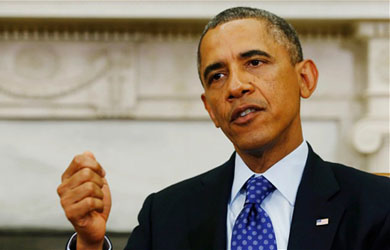Earlier this year, the restaurant chain Chipotle stopped selling pork at several hundred stores after cutting ties with one of its suppliers for violating the chain’s animal welfare standards.
Today, Sen. James Lankford and Rep. Randy Forbes published a truly absurd op-ed in The Christian Post using Chipotle as an example of the importance of protecting the “corporate conscience” of Christian business owners who want to discriminate against gay customers.
Seemingly unaware of the very clear difference between a company refusing to do business with a particular supplier and one openly discriminating against an entire class of people, Lankford and Forbes argue that “protecting corporate conscience” is vital so that the right of Christians to discriminate against gays is protected in the name of religious freedom:
It is crucial that the same freedom enjoyed by the leadership of Chipotle remains equally available to business owners of faith. Indeed, much more so as freedom of religion is explicitly protected by the First Amendment. We cannot simultaneously laud the leaders of a business motivated by a commitment to environmental sustainability and discriminate against the leaders of a business motivated by religious belief.
If a decision based on moral convictions is celebrated, shouldn’t a decision based on the free exercise of religion – a right guaranteed in the Constitution – be even more so?
To be sure, religious freedom is not just a choice of convenience – it is a fundamental right given to all Americans by the Constitution. As we recognize Chipotle’s decision, let’s remember that a clear constitutionally supported civil right of religious freedom should be cherished and respected in every corner of this nation.
We live in a country whose laws respect freedom and diversity, and our Constitution has always had robust protections for all Americans to live and work by their religious convictions. Americans do not check their religious freedom at the door when they leave their home or place of worship and enter the public sphere.
We must not fall prey to the hypocrisy of defending the freedom of operating a business on convictions of sustainability, but reject that same freedom when the convictions are based in faith.








